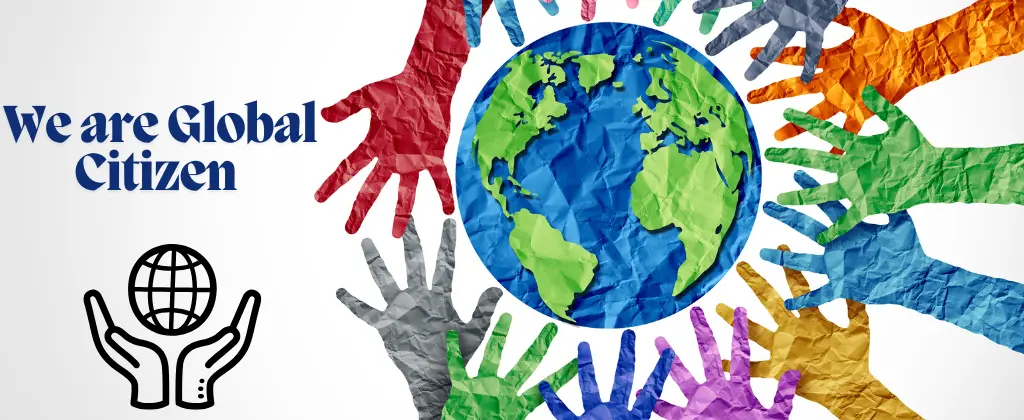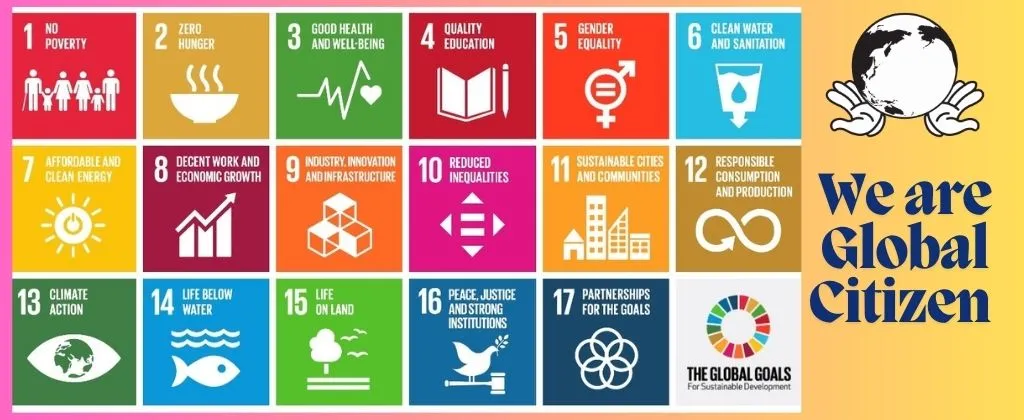Active citizenship is essential for fostering engaged and responsible members of society. It cultivates a shared sense of unity and purpose essential for India’s vast and varied culture. As future leaders, students play a crucial role in shaping a promising tomorrow through their proactive involvement in community issues.
Understanding Active Citizenship in Society
Students have the power to create transformative change through active citizenship. Whether through acts of kindness, community service, or advocating for social and environmental justice, they contribute positively to society. Their actions not only impact their immediate surroundings but also help create an atmosphere conducive to progress and harmony.
Through education, active citizenship empowers students to hone their awareness, empathy, and critical thinking skills. Initiatives like the Generation Global program connect Indian students with their international peers, broadening perspectives and nurturing a global mindset. This engagement enables students to gain insights into global issues while effectively applying these perspectives to the local context.
Promoting Student Responsibility through Active Citizenship
Students bear a significant responsibility in promoting essential moral values through their presence , such as honesty, empathy, and respect for diversity. By championing inclusivity, they embody the spirit of unity in a country renowned for its rich cultural fabric. This commitment to understanding and embracing societal issues allows them to devise meaningful solutions to problems like poverty and gender inequality.
Education empowers students to tackle pressing issues and embrace the responsibilities of active citizenship. With comprehensive awareness of local and global challenges, students learn to navigate complex problems strategically. Their involvement in community activities can foster a collaborative environment, leading to positive change in their neighborhoods and beyond.
Through initiatives like CMS Golf City under the Generation Global program, students engage in constructive discussions on critical societal issues while practicing active citizenship. This platform underscores the significance of mutual understanding and cooperation. By nurturing global connections, students contribute both to national progress and international dialogue, embarking on the path toward comprehensive development.

Engaging in Global Initiatives
Good qualities among students manifests in various practical forms—such as volunteering, environmental advocacy, and social media activism. Volunteering is an instrumental way for students to engage with their communities through active citizenship. Programs at CMS Golf City encourage students to teach underprivileged peers and raise awareness in rural areas, strengthening social bonds.
Students organize donation drives as a part of active citizenship to support those in need, fostering a spirit of giving. Events like Daan Utsav reinforce community ties and the sense of collective responsibility. As students contribute time and effort, they cultivate deeper connections with their surroundings, leading to a more compassionate society.
Environmental responsibility is another critical aspect of active citizenship. With climate change increasingly threatening India’s future, students are educated on sustainable practices through initiatives like *Energy ki Pathshala*. Tree plantation drives and recycling programs not only contribute to environmental preservation but empower students to become proactive advocates for sustainability.
Utilizing Active Citizenship via Social Media
In today’s digital age, active citizenship through social media serves as a powerful platform for students to raise awareness about vital issues. Leveraging platforms like Instagram and Twitter, students can disseminate information on education, gender equality, and environmental conservation. Their online presence provides a valuable space for initiating discussions and fostering awareness.
Students can educate their peers on safe online practices as an extension of active citizenship and the importance of cybersecurity. By promoting campaigns and sharing informative content, they can effectively mobilize collective action. Social media not only amplifies students’ voices but also inspires their communities to engage in positive change.
In this interconnected world, the philosophy of Vasudhaiva Kutumbakam, or “the world is one family,” resonates deeply with good citizenship. When students embrace this perspective, they transcend individualistic tendencies and focus on the collective good of society. Through such efforts, they contribute to a more inclusive, harmonious, and sustainable community.
The Power of wisdom Among Youth
India’s youth make up over 50% of the population, placing them at the heart of the nation’s progress and active citizenship. Empowering students to take meaningful steps through active citizenship means building a brighter future. Small but powerful actions, such as leading community initiatives and advocating for justice, have a profound effect.
By addressing immediate societal challenges through active citizenship, students also inspire a culture rooted in responsibility and collaboration. Their efforts can transform the narrative around youth involvement and leadership in shaping the future. When young individuals are empowered to act, they ultimately foster a sense of pride and purpose.
The vision of good citizenship encourages students to prioritize social responsibility and community welfare. Together, their collective efforts can drive India toward a sustainable future where every citizen embodies core values of inclusivity and shared responsibility.
